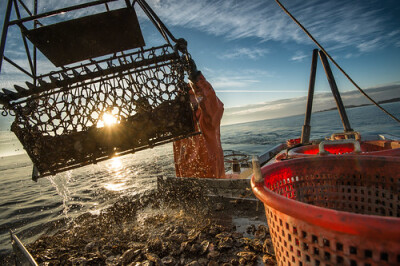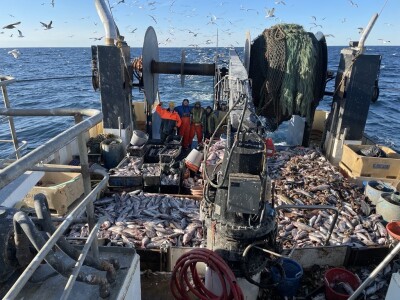Mark P. Lagon is a professor at Georgetown University and an adjunct senior fellow for human rights at the Council on Foreign Relations. He was U.S. ambassador at large for human trafficking from 2007 to 2009.
If most people think human trafficking is all about sexual exploitation, the mistake is understandable. After all, last year’s State Department report on trafficking noted that 85 percent of prosecutions for this crime worldwide — and more than 89 percent of convictions — were for sex-related offenses. But, as an International Labor Organization study found in 2012, more than three-quarters of trafficking victims in the global private economy are exploited for labor. And the world is just starting to learn how much of this is tied to fishing.
Yes, fishing.
Not some reality TV show about stout-hearted seafarers, but the grim world of illegal, unreported and unregulated (IUU) fishing. Vessels engaged in illegal, unregulated fishing not only steal precious food resources off the coasts of poor countries, engage in drug smuggling and damage marine ecosystems — they also prey on human beings, trapping workers on boats as slaves.
For purposes of indictment, it is hard to beat a conclusion in a 2011 paper by the U.N. Office on Drugs and Crime: “Perhaps the most disturbing finding of the study was the severity of the abuse of fishers trafficked for the purpose of forced labor on board fishing vessels. These practices can only be described as cruel and inhumane treatment in the extreme. . . . A particularly disturbing facet of this form of exploitation is the frequency of trafficking in children in the fishing industry.”
Read the full story at Washington Post>>






